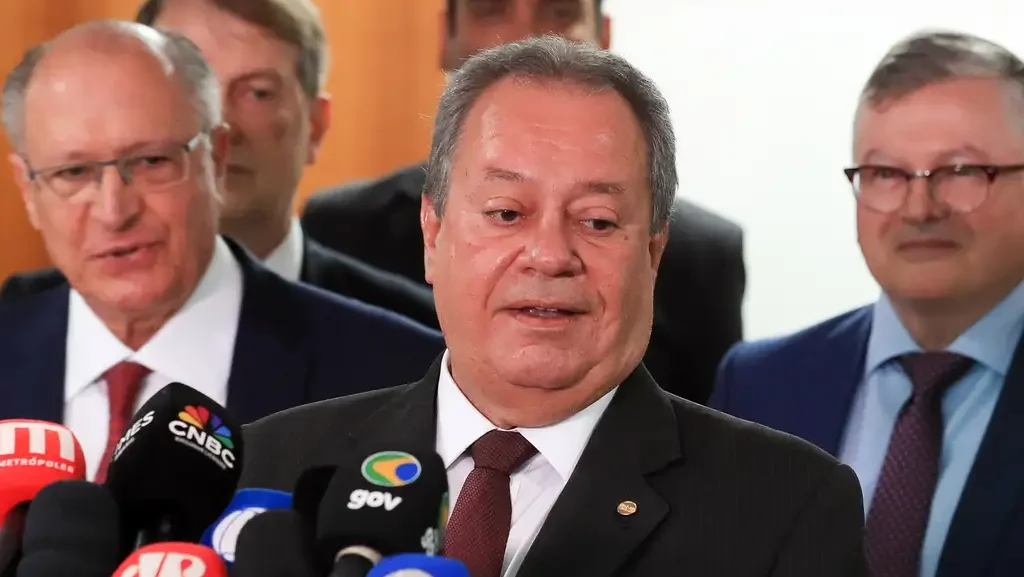The National Confederation of Industry (CNI) concluded on Thursday (4) the business mission to the United States, evaluated by the entity as a movement of “business diplomacy” amid the 50% tariff imposed by the government of Donald Trump on Brazilian exports. For CNI President Ricardo Alban, the feeling is “mission accomplished”, although acknowledging that the negotiation will be long and permeated for political reasons.
The entourage brought together 130 entrepreneurs, leaders of sectoral associations and managers of federations of industries in eight Brazilian states. Over the course of three days, representatives participated in meetings with US authorities, parliamentarians and representatives of US foreign trade. Also present was the Brazilian Ambassador in Washington, Maria Cecília Ribeiro Viotti.
During the meetings, the Brazilian delegation brought concerns about the rates imposed on national exports, but also led proposals to expand bilateral economic cooperation. Among the topics covered, we highlight the production of sustainable aviation fuel (SAF), the installation of sustainable data centers and the exploitation of critical minerals and rare land, in which Brazil owns the second largest reserve world, behind only China.
According to Alban, the three sectors were well received by the US authorities. He pointed out that the meetings made room to expand the negotiation agenda, going beyond the immediate problem of tariffs. “We are prepared to sit at the table constructively, discussing not only problems but opportunities,” he said.
The entourage met with the Undersecretary of Commerce for Industry and Security, Jeffrey Kessler, and the Deputy Secretary of the State Department, Christopher Landau. There were also meetings with American parliamentarians and an audience at the US Commercial Representative Office (USTR), conducted by CNI consultant Roberto Azevêdo, who considered the role of the private sector essential for the advancement of dialogue.
Alban stressed that, upon returning to Brazil, he intends to dialogue directly with the federal government, especially with the vice president and Minister of Development, Industry, Commerce and Services (MDIC), Geraldo Alckmin, who leads negotiations on the Brazilian side. According to him, Landau signaled a willingness to a conversation with Alckmin, which opens out perspectives for the continuity of the political levels.
The president of CNI considered that the scenario is still marked by tensions and external factors that make the negotiation process slower. “Obviously we have a very political moment and politics is permeating the subject. But what is the crisis that does not pass? It can be longer, less time consuming, may have more sequelae, less sequelae, but pass and we have to be prepared to take opportunities from this crisis,” he said.
Even in the face of difficulties, Alban stressed that the mission was strategic. For him, it was not to be solved the problem immediately, but to start a construction process. “Everyone had clear perception that we didn’t come to solve the problem now, but to plant seeds. The work continues. We have to be prepared to take opportunities from this crisis,” he concluded.

